
Victor Nunez’s 1993 coming-of-age film, Ruby in Paradise, is a slower-paced take on the coming-of-age subgenre. There’s a key focus on not just the current events in the movie but also on the deep history of its many characters. One of the biggest themes is learning how to navigate the world as a woman. This thematic element notably influences the main character’s development.
Ruby (Ashley Judd) just moved to Panama City, Florida, and she immediately lands a job at a souvenir shop. While they aren’t in season, the owner, Mildred (Dorothy Lyman), is pleasant enough. Before long, Ruby meets her new friend, Rochelle (Allison Dean). Rochelle warns her about Mildred’s son, Ricky (Bentley Mitchum), who is a snake in the grass.
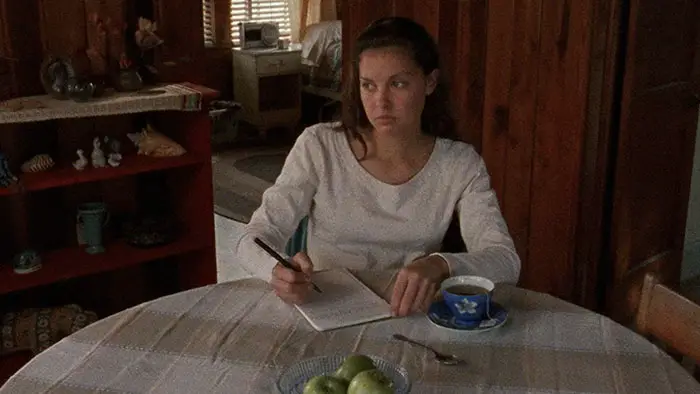
“Rochelle’s warning is in vain as Ricky soon coerces Ruby into joining him at a club…”
Rochelle’s warning is in vain as Ricky soon coerces Ruby into joining him at a club, and they soon go on many more dates. This all ends when Mildred, who previously told Ruby she doesn’t want anyone dating her son, comes back to the shop, and Ruby tries to end their relationship quietly. What’s more is that Ruby meets a man named Mike (Todd Field), who comes across as a lot less aggressive than the overly demanding Ricky.
Nothing in Ruby in Paradise is done up to look like paradise. Even with the parties and dancing, there’s a level of restraint that keeps the story from getting too out of hand. The entire Floridian atmosphere is done so well, and the low budget ends up giving an authenticity that can be difficult to pull off. The film works best when it’s focusing on its characters’ thoughts and interactions, but it can be a rough ride when it isn’t. Nunez, who writes and directs the picture, needlessly drags on scenes well past their point. There isn’t a driving force and, while that can be attributed to the aforementioned authenticity, it certainly hurts the pacing.
Even though Ruby in Paradise may be lacking when it comes to pacing, there’s still plenty to like. All of the character-driven conflicts are vital to making the story work, and they’re done quite well. The music and certain shots also prop up some of the more stagnant scenes, making them much easier to sit through. The drama still does make for an interesting exploration into a deeply troubled main character and has an authentic backbone to reel back the story from absurdity.
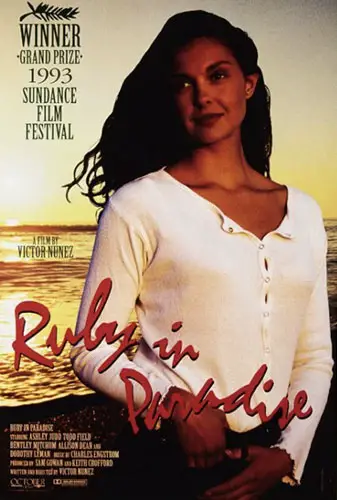
"…[has] an authenticity that can be difficult to pull off."
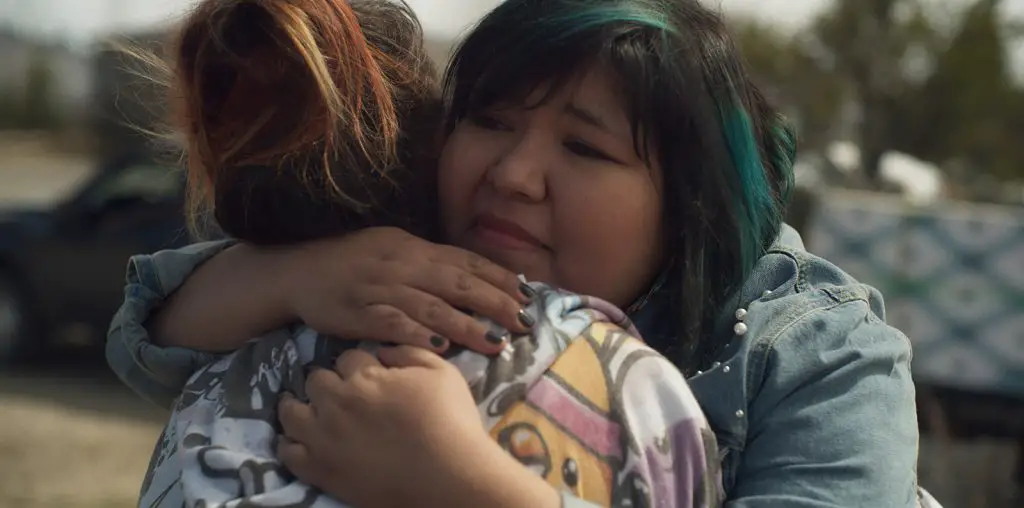
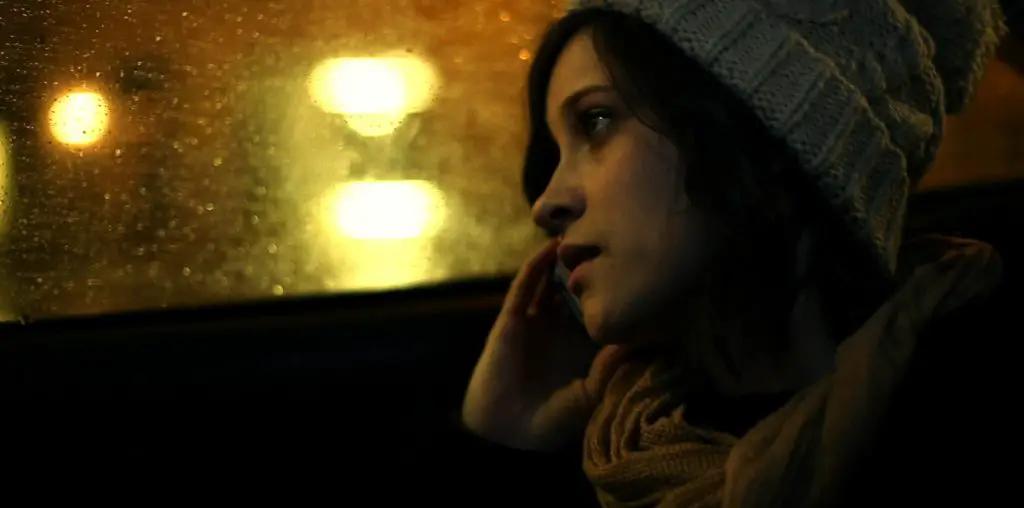
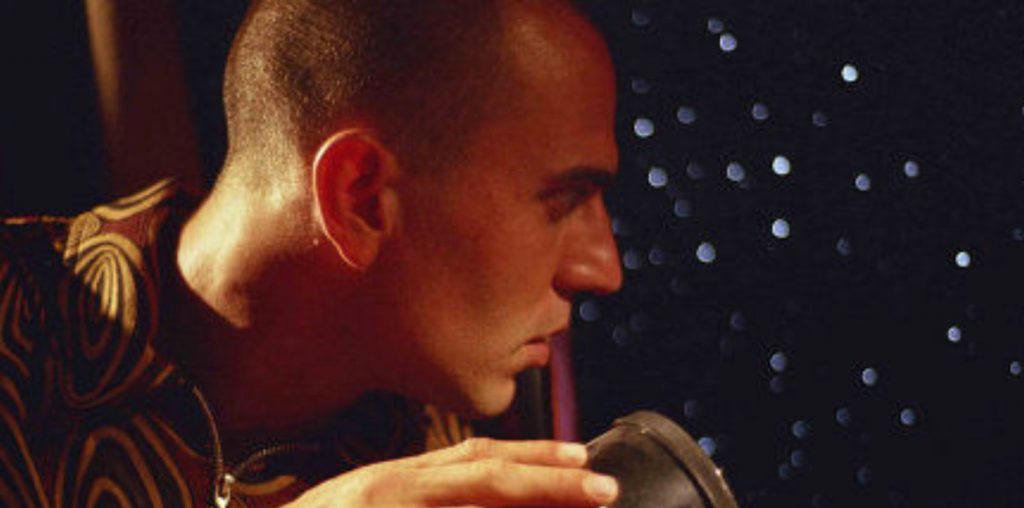
In the end, when he comes back and apologizes, he makes a final farewell and says to her, “ O will be seeing you around.
The ending scene she walks into the store, no customers or co workers.
She shouts out to them, with no response, the camera catches the Paradise serving trays and she discovers
everyone is dead, shot by the son who also kills him self.
That’s hilarious (kinda?).